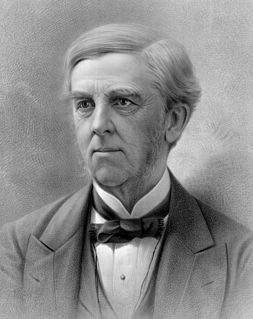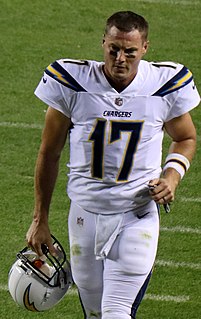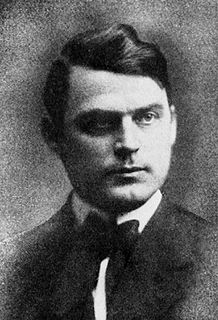A Quote by Oliver Wendell Holmes, Jr.
Fame usually comes to those who are thinking about something else.
Related Quotes
Something like missing a shot, and the next play you're thinking about it, or you give up a play on defense and you're thinking about it, you're frustrated about it, what's happening is that you're really thinking about yourself. You're not connected to the team. And you have to be connected, or those few plays add up.
Lena Dunham or Miranda July, those people are sort of thinking about their work in a slightly different way than I do, where their whole body is a seed of what they're creating. I can't imagine watching Miranda's movies with anybody else playing her role, she's so integral. But for me, it feels more like every story is really individual. If I thought of something else, or thought it should be my body representing it, I'd fold my body into it. But most of the time I'm writing to get something out of my body.
My show 'Fame: Not the Musical' is about the fact that fame is seen in two ways in our culture: either as a glittering bauble we desperately covet, or as a narrative of tragedy and despair. My own experience of fame is a third, mundane way, which often involves being mistaken for someone else - Ian Broudie from the Lightning Seeds, or Steve Wright.


































